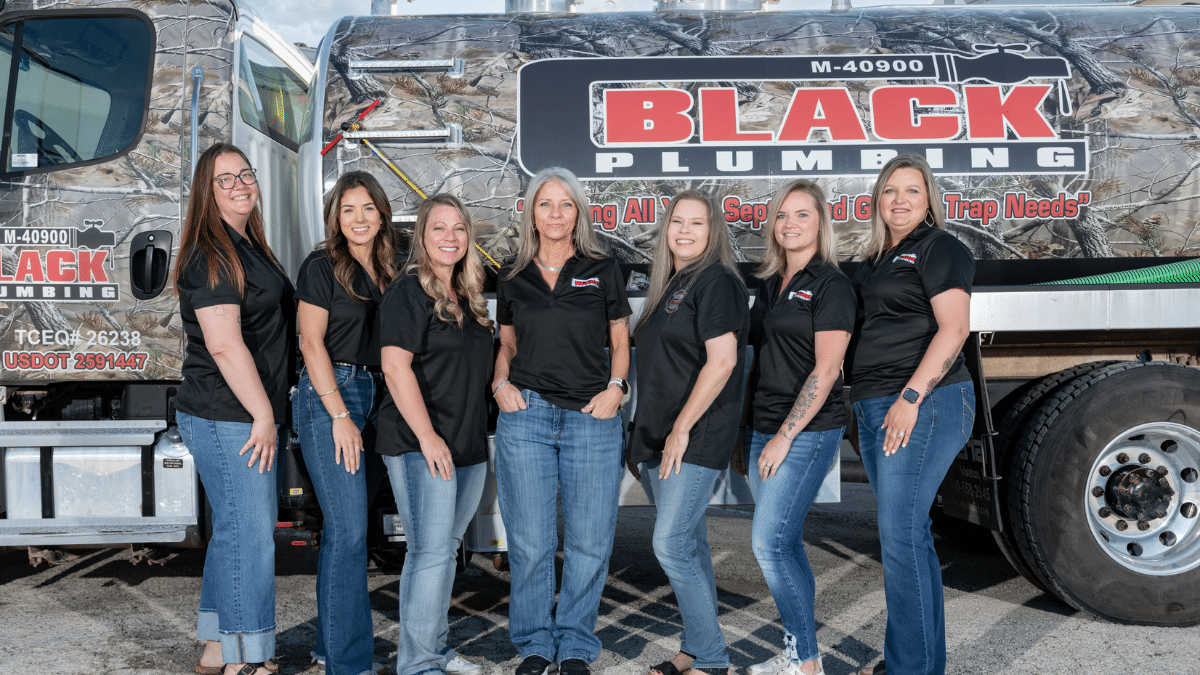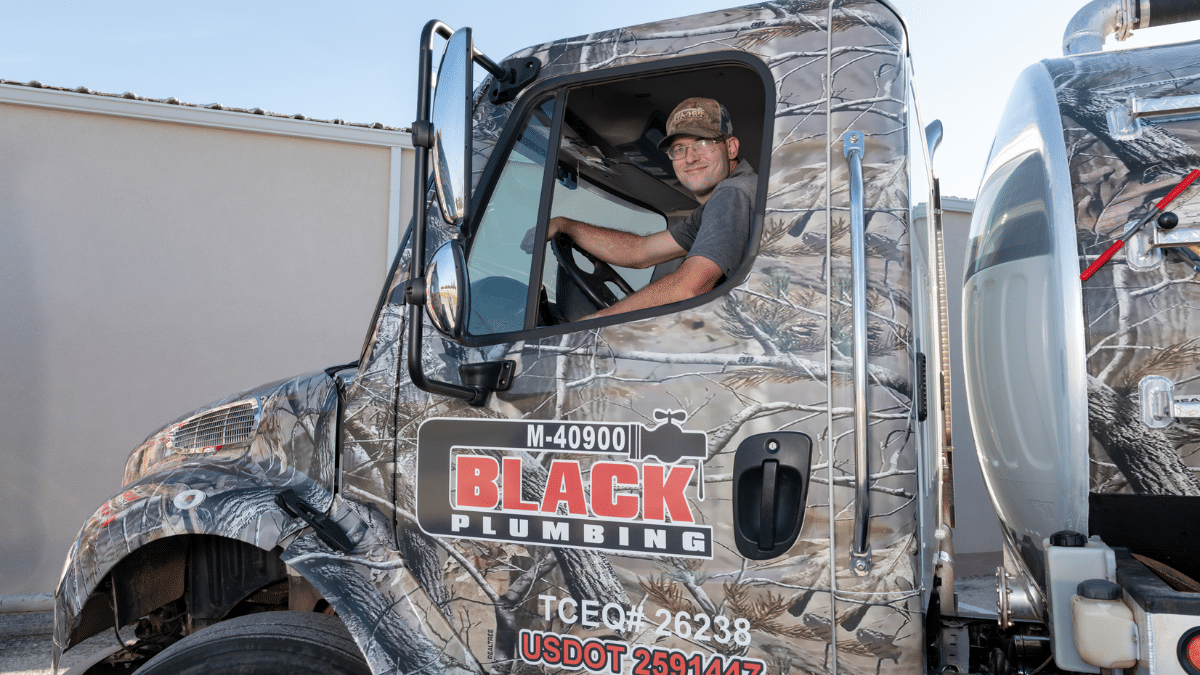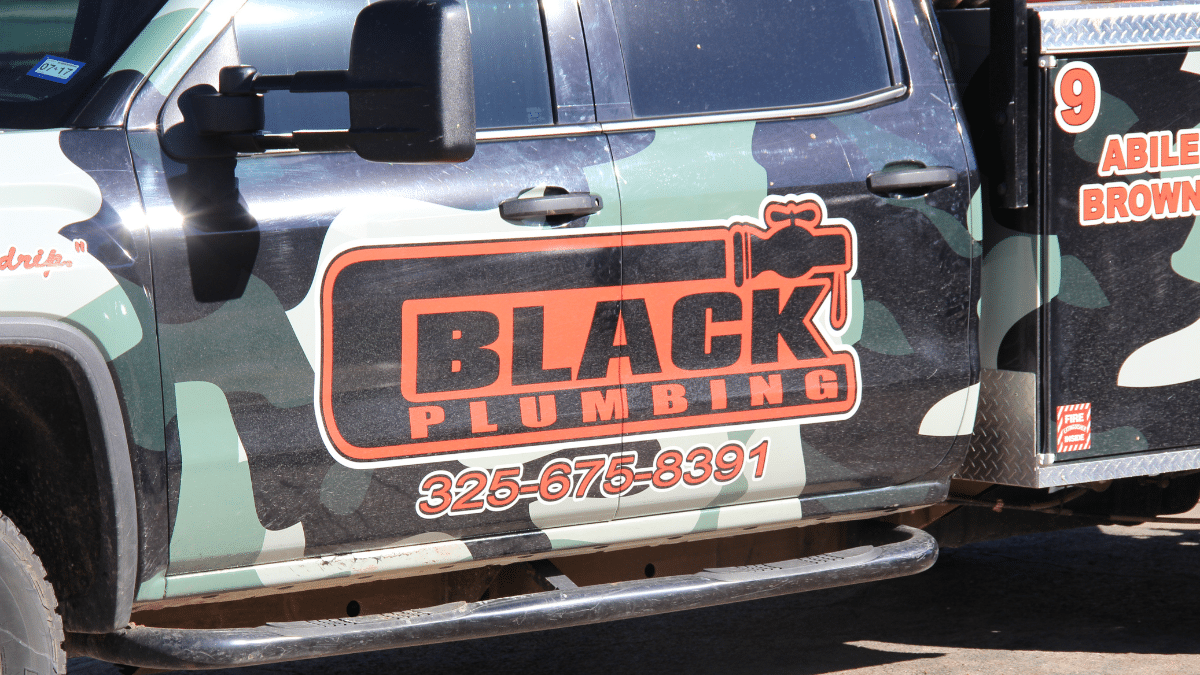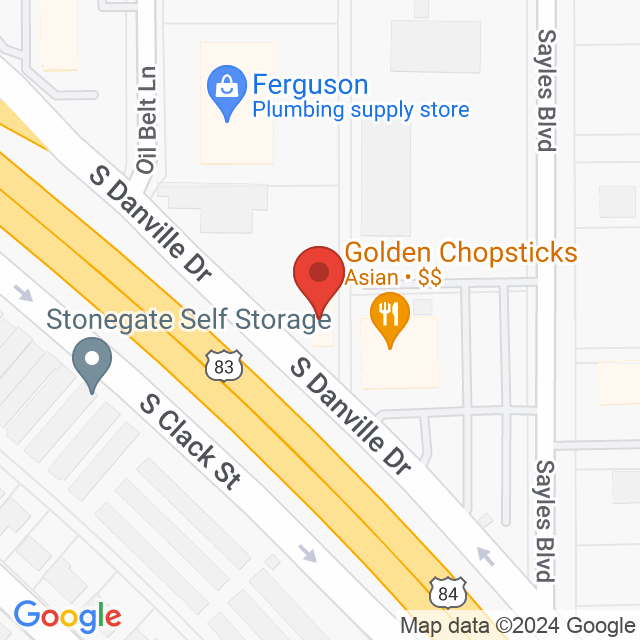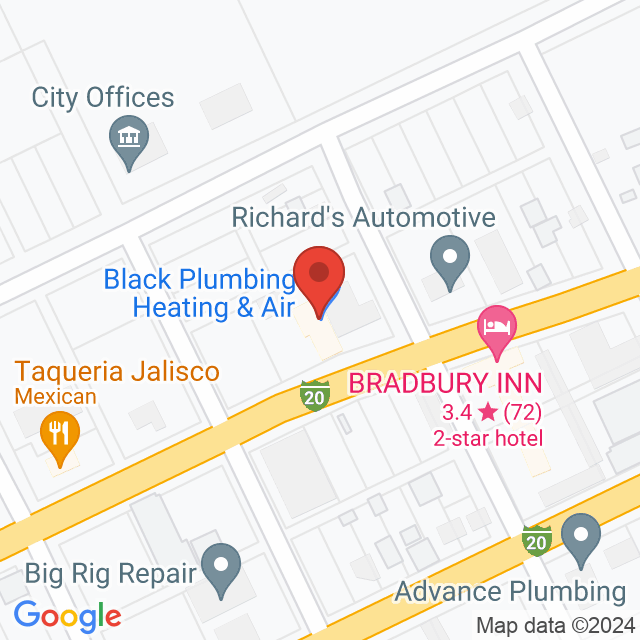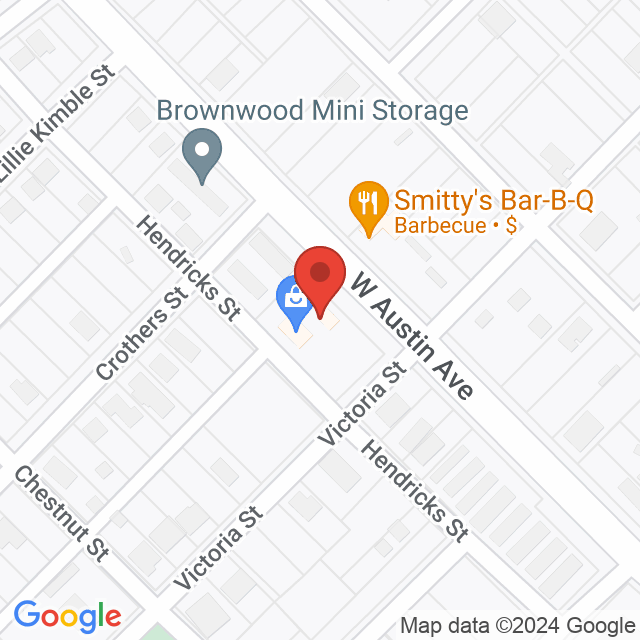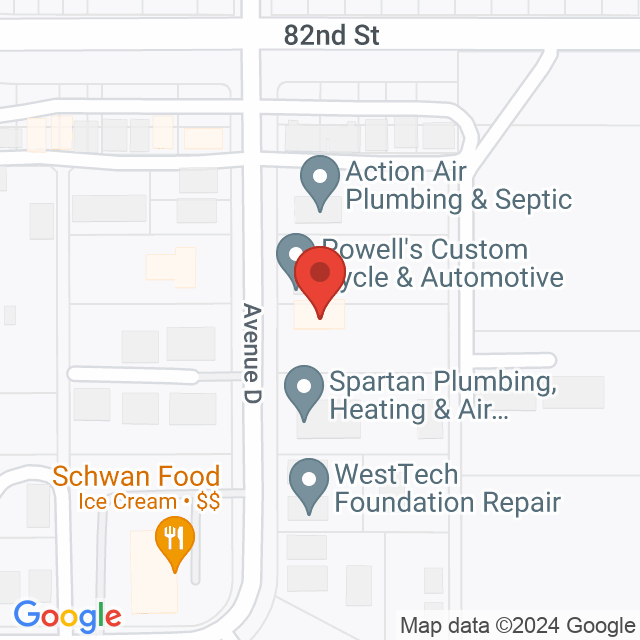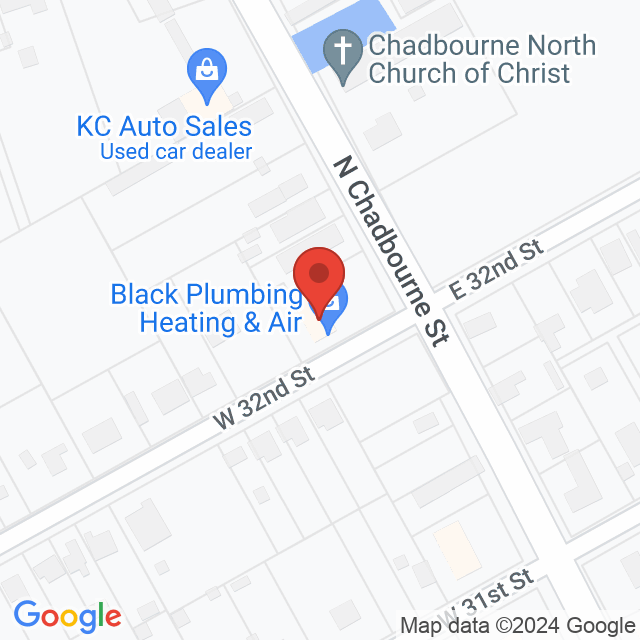There’s nothing worse than waking up on a freezing winter morning to discover a burst pipe flooding your home or a clogged drain backing up your sink. As the temperatures drop, common winter plumbing problems like frozen pipes and sluggish drains become more frequent and severe. These issues can quickly escalate without proper care, leading to expensive repairs and major disruptions.
Proactive maintenance is the key to avoiding these plumbing nightmares, ensuring your water flows smoothly and your systems stay efficient all winter. Let’s examine how to protect your plumbing from the cold.
Common Winter Plumbing Problems: The Real Culprits
When the weather gets cold, your plumbing can take a serious hit. From frozen pipes to clogged drains, the challenges homeowners face during winter can be frustrating and costly. Here are some of the most common winter plumbing problems.
- Frozen Pipes: As temperatures plummet, the water inside your pipes can freeze. When this happens, the water expands, causing pipes to block and burst. Frozen pipes can restrict water flow and, if not addressed quickly, can lead to severe water damage once they thaw. You may not even realize there’s an issue until you turn on a faucet and nothing comes out!
- Burst Pipes: When a frozen pipe thaws, the expanding ice can cause it to rupture. A burst pipe can result in massive water damage, flooding your home and causing expensive repairs. If a burst pipe isn’t caught early, you could face major damage to your walls, floors, and foundation. Not to mention, water wastage can quickly hike up your utility bills.
- Clogged Drains in Winter: During the winter months, we use more hot water for cooking, cleaning, and washing. As oils, grease, and food scraps cool down, they solidify in your pipes and lead to slow-moving or completely clogged drains. This is especially common after holiday meals when there’s an increase in grease and fat pouring down kitchen sinks. Ignoring clogs can result in nasty backups or more serious blockages.
- Water Heater Failure: Winter means more showers, laundry, and hot water use, and your water heater might struggle to keep up with the increased demand.
- Septic Tank Problems: Cold temperatures slow down the decomposition process in your septic tank, which can cause backups and overflow. If not addressed early, it can lead to sewage backups in your yard or home.
- Faulty Sump Pumps: Freezing temperatures can cause the discharge lines of sump pumps to clog, preventing them from efficiently draining water. This can result in basement flooding, particularly after snow or ice melts.
- Outdoor Faucet and Hose Issues: Leaving water in outdoor faucets or hoses can freeze and cause the pipes to crack. This damage can extend into the water supply lines connected to the faucet, leading to leaks and higher repair costs.
- Leaky Pipes: Fluctuating temperatures can cause pipes to expand and contract. Over time, this stresses joints and seals, making small leaks bigger and more challenging to fix. What starts as a drip can turn into a flood if not addressed.
- Low Water Pressure: Frozen pipes or leaks in your plumbing can lead to low water pressure throughout your home. You’ll notice it in your shower or when filling up a sink—annoying and inconvenient.
- Malfunctioning Garbage Disposals: Holiday cooking means putting more waste in the garbage disposal, and cold temperatures can cause food scraps to solidify. This, combined with improper disposal of non-food items, can lead to jams and breakdowns in your disposal unit.
The key to avoiding these issues is early detection. Identifying and addressing common plumbing issues before they escalate can save you from expensive repairs and prevent emergencies. Black Plumbing is here to help you with routine maintenance and inspections so you can enjoy a worry-free winter. Don’t wait until the problem worsens—schedule an inspection today!
Winter Plumbing Tips: Prevent Problems Before They Happen
The best way to avoid common winter plumbing problems is to tackle them before they start. Here are easy, actionable tips to help you keep your plumbing in top shape during the colder months.
- Prevent Frozen Pipes: Insulate exposed pipes in unheated areas like your basement or attic. Foam pipe insulation works wonders in protecting vulnerable pipes from the cold. During extreme cold spells, let your faucets drip slightly. This keeps water moving and relieves pressure that could cause pipes to freeze and burst.
- Burst Pipe Prevention: Before winter sets in, check your pipes for leaks or weak spots that could quickly become more significant when temperatures drop. Make sure to shut off and drain outdoor water lines to prevent freezing. A little inspection now can save you from a big mess later.
- Avoid Clogged Drains in Winter: Dispose of grease and food waste properly—never pour fats or oils down the drain, as they solidify in cold weather. Drain strainers should be used in the kitchen and bathroom to catch debris like food scraps and hair before they go down the drain. This simple step can prevent significant clogs and other common winter plumbing problems.
- Maintain Your Water Heater: Your water heater works overtime in the winter, so give it a little extra care. Flush the tank to remove sediment buildup, which can reduce efficiency. Schedule professional maintenance to keep it running smoothly and prevent breakdowns.
- Septic System Care: During freezing weather, use less water to avoid overloading your septic system. Do not park heavy vehicles over the septic tank area, as this can cause damage and lead to slow drainage or backups.
- Protect Your Sump Pump: Insulate or heat the discharge lines of your sump pump to prevent freezing. Also, test your sump pump before the winter weather hits to ensure it’s working correctly—this helps prevent flooding when melting snow or ice builds up.
- Winterize Outdoor Faucets: Disconnect hoses and drain outdoor faucets to prevent freezing. For added protection, use faucet covers to insulate them against the cold.
- Care for Garbage Disposals: Always run cold water while using the disposal. It helps keep the motor running smoothly and solidifies grease so it can be easily chopped. Avoid overloading the disposal, and steer clear of fibrous or starchy foods like potato peels, which can cause jams.
- Preventative Plumbing Maintenance: Taking care of your plumbing before a problem arises can save you time, stress, and money. Preventive plumbing maintenance involves regular inspections and minor repairs that keep your system running efficiently and prevent major breakdowns.
Consider professional maintenance to ensure your plumbing is ready for winter. Black Plumbing Heating and Air offers comprehensive plumbing repair and maintenance services designed to protect your home and keep things running smoothly.
Abilene Plumbing Services: Avoid Plumbing Emergencies
When winter arrives, you need a reliable team to tackle common winter plumbing problems swiftly and effectively. Black Plumbing Heating and Air brings over 30 years of experience, offering professional, expert plumbing services in Abilene, TX. Our team of licensed and certified professionals is equipped to handle the unique challenges of winter plumbing problems.
We offer affordable rates, prioritize customer satisfaction, and are committed to providing durable, reliable solutions for every plumbing need. You can trust us to keep your plumbing running smoothly all season long. Contact us today for expert plumbing advice or to schedule a service!
